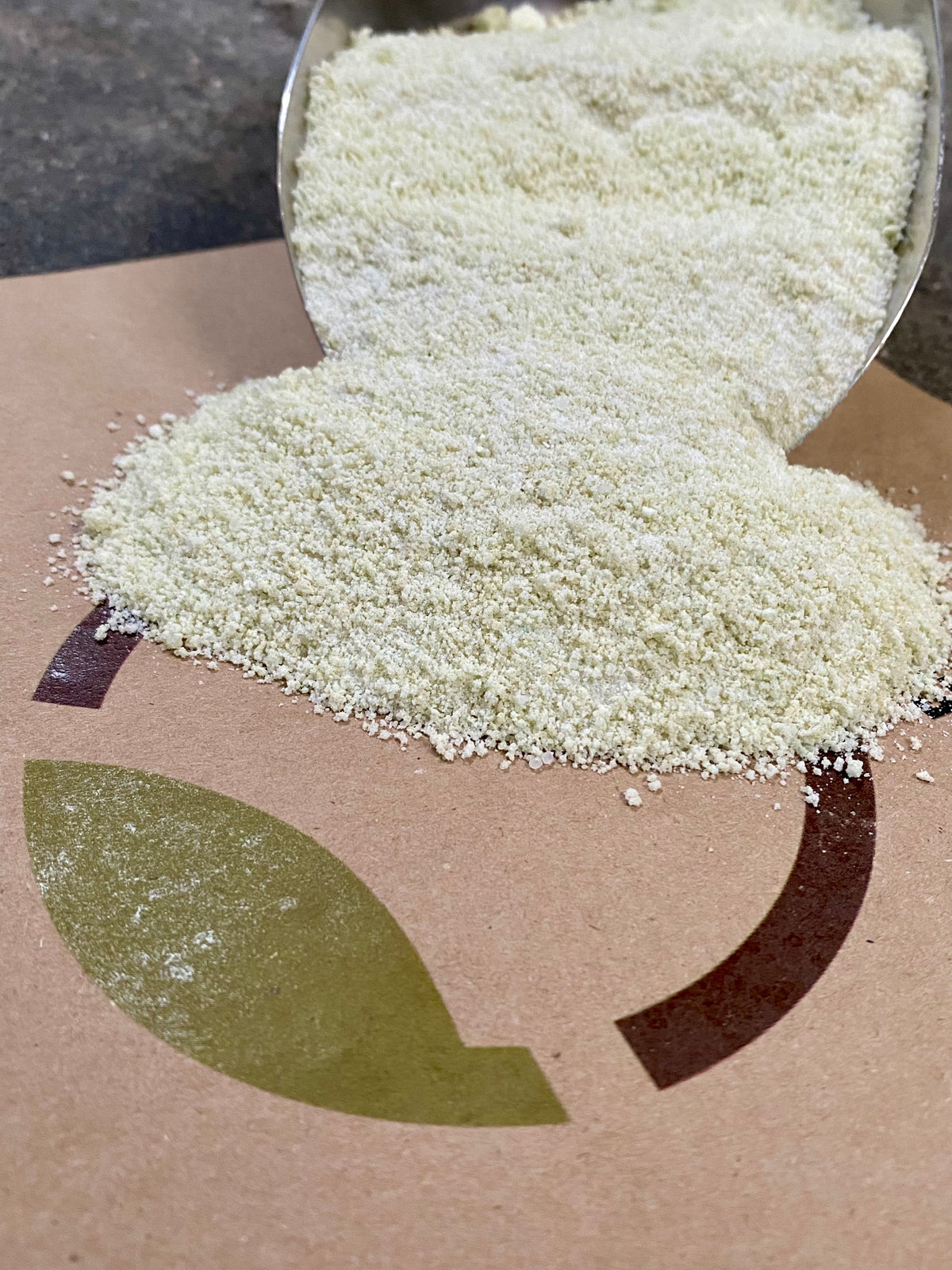Best Fertilizers for Peppers: Attain Superior Results in Your Garden
Best Fertilizers for Peppers: Attain Superior Results in Your Garden
Blog Article
Organic Vs. Synthetic Fertilizers: Which Is Best for Supporting Healthy Pepper Plants?
In the realm of supporting healthy and balanced pepper plants, the option between synthetic and natural plant foods stands as a critical choice with significant ramifications. While both options purpose to supply vital nutrients to support plant development, the nuances of their influence on the dirt, plant health and wellness, and the environment trigger a dispute that echoes throughout the horticulture neighborhood. Recognizing the unique advantages and possible risks of each fertilizer kind is important for pepper growers looking for to optimize their returns while preserving an eco-conscious and sustainable strategy.
Advantages of Organic Plant Foods
Organic fertilizers offer a lasting and environmentally-friendly technique to nourishing pepper plants, supplying important nutrients without the usage of synthetic chemicals. These all-natural fertilizers are obtained from natural sources such as garden compost, manure, bone meal, and algae, promoting dirt health and biodiversity. Unlike artificial plant foods, organic choices release nutrients gradually, guaranteeing a constant and balanced supply for pepper plants to thrive.
One considerable benefit of organic plant foods is their ability to boost soil framework and water retention. By enhancing soil wellness, organic plant foods promote helpful microbial activity, which helps in nutrient uptake by pepper plants. In addition, organic fertilizers lower the risk of chemical run-off, shielding water sources from air pollution and safeguarding the setting.
In addition, organic plant foods add to long-term soil fertility by promoting the development of valuable soil organisms. These organisms aid damage down organic matter, launching nutrients in a kind that is conveniently obtainable to pepper plants. best fertilizers for peppers. By fostering a healthy soil community, organic plant foods sustain lasting pepper farming techniques that profit both plants and the setting
Downsides of Artificial Plant Foods
Synthetic plant foods, in contrast to their organic equivalents, present different drawbacks when used to nurture pepper plants, affecting both plant health and ecological sustainability. One significant drawback of artificial fertilizers is their tendency to seep nutrients from the soil promptly.
Additionally, the overuse of synthetic plant foods can add to water pollution. Excess plant foods not taken in by plants can remove into water bodies, leading to eutrophication, where algae blossoms deplete oxygen degrees in the water, hurting marine life. In addition, synthetic plant foods are normally originated from non-renewable sources, such as fossil fuels, adding to carbon discharges and environmental destruction during their manufacturing.
Nutrient Absorption Contrast
Reliable nutrient absorption plays a vital role in the general wellness and growth of pepper plants. When comparing synthetic and natural fertilizers in terms of nutrient absorption, natural fertilizers have the benefit of providing a much more well balanced and slow-release resource of nutrients (best fertilizers for peppers). Organic plant foods include a range of macro and micronutrients that are not only helpful for the plants but likewise advertise healthy and balanced dirt microbial activity, which aids in nutrient uptake. On the other hand, artificial check it out plant foods often offer a quick release of nutrients, which can cause seeping and runoff, resulting in lower nutrient absorption rates by Find Out More the plants.
Furthermore, organic plant foods boost dirt framework and water retention capacity, enabling pepper plants to accessibility nutrients more effectively. This enhanced soil high quality assists in origin growth, enabling far better nutrient absorption. Artificial fertilizers, although initially increasing plant growth due to their high nutrient concentrations, might prevent long-term nutrient absorption by degrading dirt health and wellness gradually.
Ecological Effect Considerations

On the various other hand, synthetic plant foods, although frequently even more right away available and focused to plants, can have detrimental impacts on the environment otherwise applied appropriately (best fertilizers for peppers). Their production needs high power inputs, causing greenhouse gas emissions and adding to environment modification. In addition, the overflow of excess artificial fertilizers can pollute water resources, resulting in eutrophication and damaging aquatic environments.
Best Fertilizer Practices for Peppers
To accomplish this, it is vital to comply with finest fertilizer practices tailored to the specific demands of pepper plants. One critical technique is to execute a dirt test before using any kind of plant foods.
One more essential practice is to feed pepper plants at the appropriate time. Commonly, peppers take advantage of getting fertilizer at planting and after that once again when they start to blossom. Over-fertilizing can bring about vitamins and mineral discrepancies and hurt the plants, so it is vital to adhere to advised application rates.
Additionally, choosing a well balanced plant food with an NPK ratio that suits pepper plants' needs is basic. Organic fertilizers, such as garden compost or manure, can be exceptional options as they release nutrients gradually and enhance dirt structure over time. Nonetheless, synthetic plant foods can supply a quick nutrient increase when needed. Inevitably, integrating organic and artificial fertilizers carefully can help support healthy pepper plants while decreasing environmental influence.
Conclusion

Organic plant foods offer an environmentally-friendly and lasting approach to nourishing pepper plants, giving important nutrients without the use of artificial chemicals. Unlike artificial fertilizers, organic alternatives launch nutrients slowly, guaranteeing a balanced and stable supply for pepper plants to prosper.
Artificial plant foods, in contrast to their organic counterparts, position different negative aspects when made use of to nurture pepper plants, impacting both plant health and environmental sustainability. When comparing organic and synthetic fertilizers in terms of nutrient absorption, organic fertilizers have the advantage of offering a much more well balanced and slow-release resource of nutrients.Moreover, natural plant foods improve dirt framework and water retention capability, enabling pepper plants to accessibility nutrients a lot more successfully.
Report this page